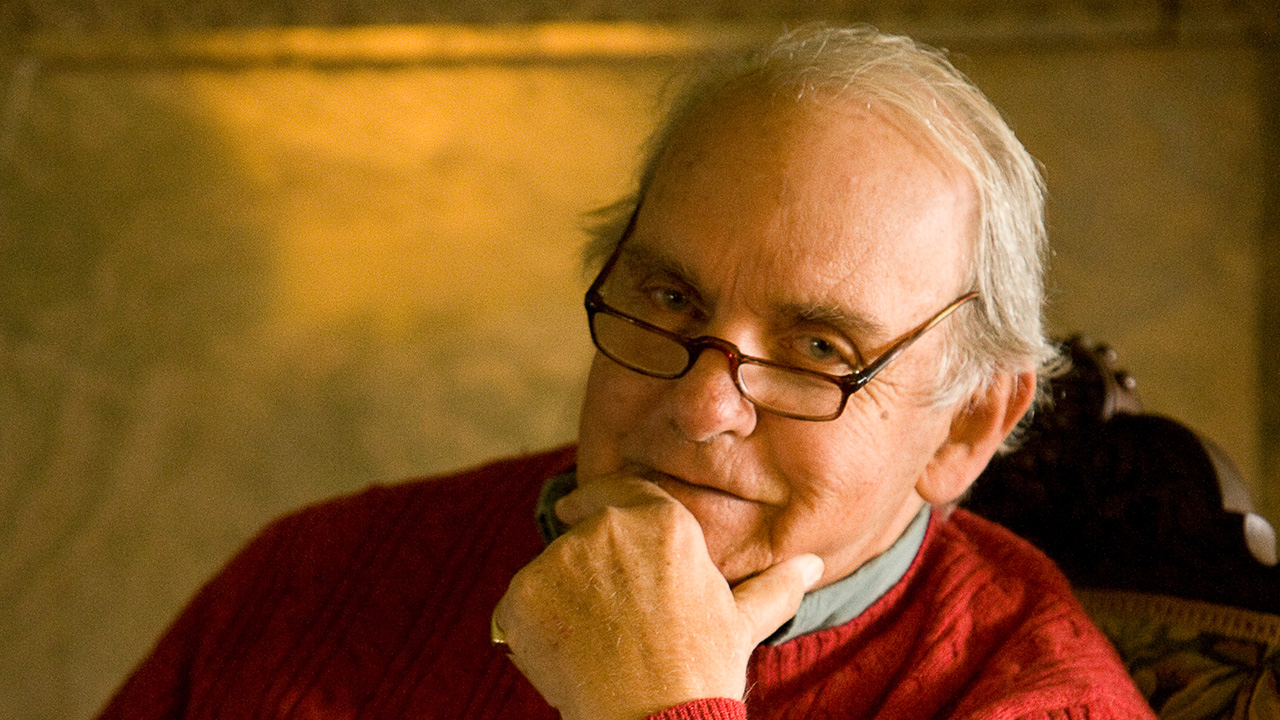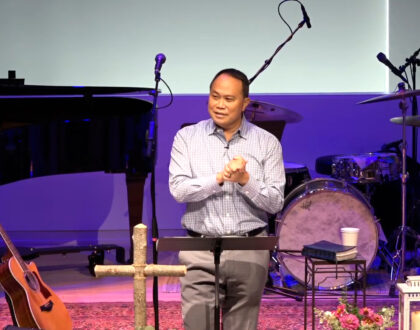Frederick Buechner’s Legacy of Vulnerability

One early morning in the fall of 1936, ten-year-old Frederick Buechner and his younger brother were playing happily in their room. Their father walked down the hall, checked on them, and then he proceeded down to the garage where he started the family Chevy and waited for the exhaust to kill him. The family did not attend the funeral, and rarely talked about the tragic death. They quickly relocated to Bermuda to get a new start.
Why do people do it? Take their own lives when it leaves a trail of emotional wreckage behind? Can’t they see how deeply it hurts their loved ones? Can’t they see how many questions it leaves unanswered? Can’t they see the guilt and pain that is left behind? In his memoir “Telling Secrets” that was written years later, Buechner reflects upon that painful time and the way his family approached it: “Don’t talk, don’t trust, don’t feel is supposed to be the unwritten law of families that for one reason or another have gone out of whack, and certainly it was our law.” Buechner grew up in a time where the shame of a family member committing suicide was so intense that the secret was yours to keep private forever. Of course, he had to unpack it years later in therapy after years of holding it in.
Buechner recently passed away at the age of ninety-six. I first encountered his writings at Princeton Seminary, and they changed my life and the way I approach ministry. He gave those of us who were training to lead churches both permission and encouragement to be vulnerable, transparent, and authentic. Buechner had learned the hard way that holding in your pain is a recipe for disaster. It always comes rushing out when you least expect it. His many books have inspired countless ministers and lay people over the years. He had an eloquent gift with words that always touched the heart and motivated the soul. Faith is a life-long journey and quite frankly, it often feels like a roller coaster ride.” We work and goof off, we love and dream, we have wonderful times and awful times, are cruelly hurt and hurt others cruelly, get mad and bored and scared stiff and ached with desire… The God of biblical faith is the God who meets us at those moments in which for better or worse we are being most human, most ourselves.”
I am proud to have a wide shelf full of Buechner’s books. I will come back to them often in the years to come. As I think about his powerful legacy, three lessons remain in my mind. First, unpack your pain in life because hurting people always go and hurt others. It then becomes a vicious and unending cycle that we all know too well. Second, remember that to love God as you love yourself means that you must first love yourself, not in some unhealthy, narcissistic way but in a way that is able to overcome the guilt and shame from the past. Take care of yourself. Respect yourself. Set boundaries. Finally, listen and pay attention to your life, especially the ordinary moments. In Buechner’s words, “Listen to your life. See it for the fathomless mystery that it is. In the boredom and the pain of it no less than the excitement and the gladness: touch, taste, smell your way to the holy and hidden heart of it because in the last analysis, all moments are key moments, and life itself is grace.” Thank you Frederick Buechner for your inspiration, your transparency, and your permission to feel and share pain.
Recommended Posts

Political Violence is Never the Answer
July 25, 2024

“Messenger” – Justin Gung – July 14
July 14, 2024

Celebrating Woodmont’s 81st Birthday
July 10, 2024

